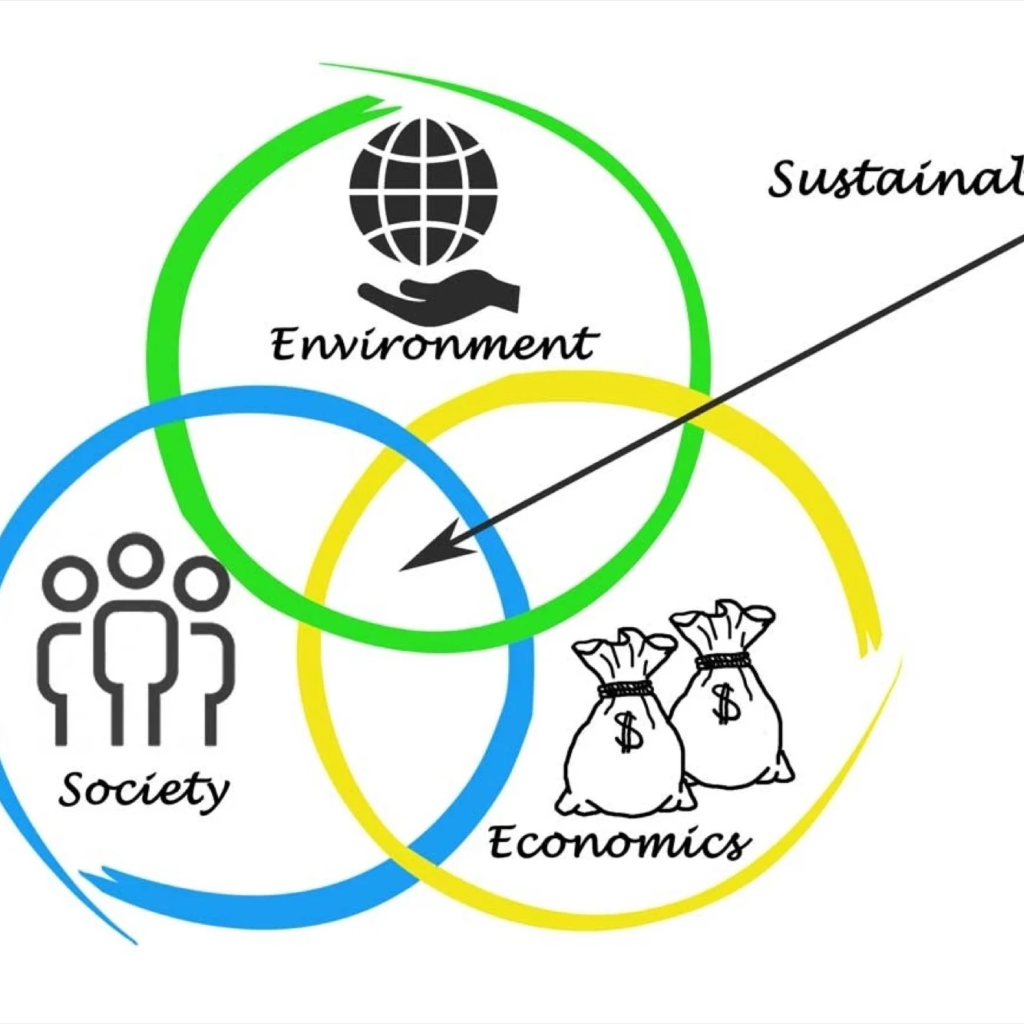Elon Musk, CEO and largest shareholder of Tesla, has sold $3.6 billion worth of Tesla stock in the past few days. This is the latest in a series of stock sales by Musk, who has sold over $40 billion worth of Tesla stock since November 2021.
Musk’s stock sales have raised a number of questions, including why he is selling and what the implications are for Tesla and its investors.
Why is Musk selling?
Musk has not publicly stated why he is selling Tesla stock. However, there are a number of possible explanations.
- To raise cash for other ventures. Musk is also the CEO of SpaceX and has a significant stake in Twitter. He may be selling Tesla stock to raise cash to fund these other ventures.
- To reduce his exposure to Tesla. Tesla’s stock price has fallen sharply this year, and Musk may be selling stock to reduce his exposure to the company.
- To comply with SEC regulations. Musk is facing an SEC investigation into his use of Twitter to discuss Tesla business. He may be selling stock to avoid any potential penalties from the SEC.

What are the implications for Tesla?
Musk’s stock sales could have a number of implications for Tesla.
- Impact on stock price. Tesla’s stock price has already fallen sharply this year, and Musk’s sales could further dampen investor sentiment. This could lead to a further decline in the stock price.
- Impact on management stability. Musk’s stock sales could also raise concerns about his commitment to Tesla. Musk has repeatedly said that he believes in the company’s long-term prospects, but his sales could be seen as a sign that he is losing faith in Tesla.
- Impact on research and development. Tesla is investing heavily in research and development. Musk’s stock sales could reduce the amount of cash available for R&D, which could slow down the company’s innovation.
What are the implications for investors?
Musk’s stock sales are a significant development for Tesla investors. Investors should carefully consider the implications of Musk’s sales before making any investment decisions.
- Reduced confidence in management. Musk’s stock sales could reduce investor confidence in Tesla’s management team. This could lead to a sell-off of Tesla stock and further decline in the stock price.
- Increased volatility. Tesla’s stock price is already volatile, and Musk’s stock sales could make the stock even more volatile. This could make it difficult for investors to make informed investment decisions.
- Reduced upside potential. If Musk is losing faith in Tesla, it could mean that the company’s long-term prospects are not as good as investors thought. This could reduce the upside potential for Tesla stock.
Conclusion
Musk’s stock sales are a significant development for Tesla and its investors. It is important for investors to carefully consider the implications of Musk’s sales before making any investment decisions.













